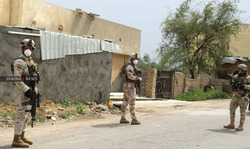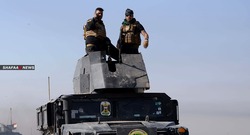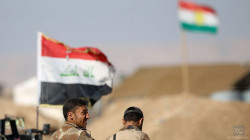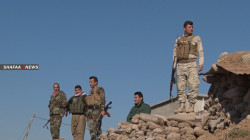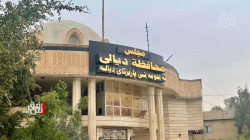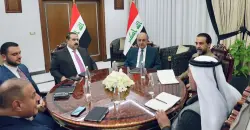Sunni blocs in Diyala boycott provincial council sessions
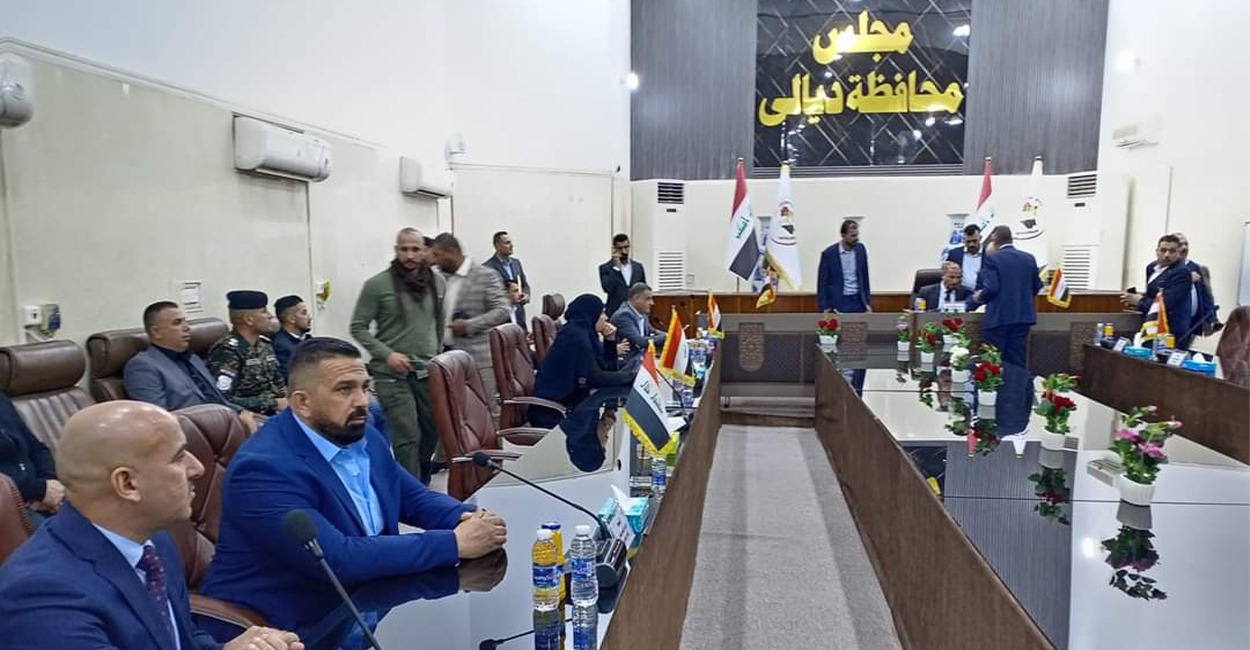
Shafaq News/ On Tuesday, Sunni blocs in Diyala decided not to participate in any sessions of the Provincial Council unless a governor is selected from their component.
The Sunni blocs are Taqadum, Al-Siyada, and Azm.
The meeting revealed that the blocs convened to address "the political situation in Diyala governorate, particularly concerning security threats and intimidation targeting members of the Council of Representatives and Diyala Provincial Council."
The Sunni blocs "strongly condemned these actions that aimed at creating discord," emphasizing that "weapons are still outside the state's framework and freely roaming."
Furthermore, they called on the Commander-in-Chief of the Armed Forces (PM Mohammed Shia Al-Sudani) and the security leadership to take necessary measures to "maintain security and social peace" in the governorate.
Diyala's council has repeatedly failed to hold its first session and form a local government since February 5. The roadblock stems from political wrangling over the governor and council chair positions.
The council is divided into two factions. One, comprised of eight members from Shia, Sunni, and Kurdish blocs, seeks to renew the term of former governor Muthanna al-Tamimi. The other, consisting of seven Sunni and Shia members, opposes his reappointment.
On December 18, 2023, Iraq held its first local elections in a decade, spanning fifteen governorates. These elections have substantial implications for local and national politics, given that provincial governments in Iraq play crucial roles in appointing governors, allocating budgets, and planning local infrastructure. However, the provincial councils have long been marred by corruption and nepotism, leading many Iraqi voters to regard these institutions with disdain and frustration.
The forces allied with the Shiite Coordination Framework achieved notable success in the elections, which granted it the authority to appoint governors across various regions; however, the ongoing competition in some governorates, including Diyala and Kirkuk, underscores the complexity of power-sharing dynamics in the country.
